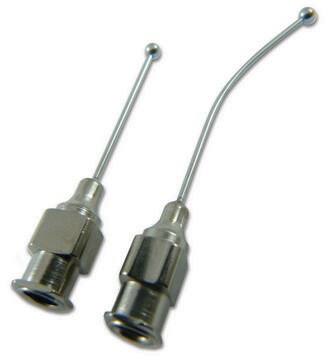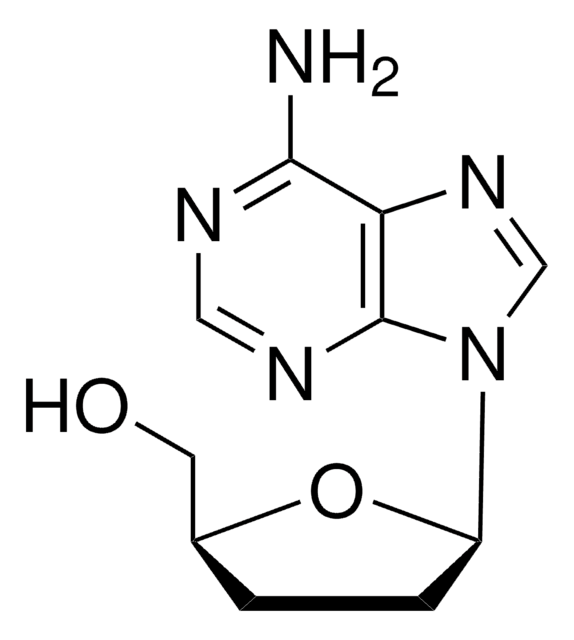N2165
NKY80
≥98% (HPLC)
Synonym(s):
2-Amino-7-(2-furanyl)-7,8-dihydro-5(6H)-quinazolinone
About This Item
Recommended Products
Assay
≥98% (HPLC)
form
powder
color
off-white to light brown
solubility
DMSO: ≥30 mg/mL
storage temp.
2-8°C
SMILES string
Nc1ncc2C(=O)CC(Cc2n1)c3ccco3
InChI
1S/C12H11N3O2/c13-12-14-6-8-9(15-12)4-7(5-10(8)16)11-2-1-3-17-11/h1-3,6-7H,4-5H2,(H2,13,14,15)
InChI key
SOJUSNIBPPMLCC-UHFFFAOYSA-N
Biochem/physiol Actions
Features and Benefits
Signal Word
Warning
Hazard Statements
Precautionary Statements
Hazard Classifications
Acute Tox. 4 Oral
Storage Class Code
11 - Combustible Solids
WGK
WGK 3
Flash Point(F)
Not applicable
Flash Point(C)
Not applicable
Certificates of Analysis (COA)
Search for Certificates of Analysis (COA) by entering the products Lot/Batch Number. Lot and Batch Numbers can be found on a product’s label following the words ‘Lot’ or ‘Batch’.
Already Own This Product?
Find documentation for the products that you have recently purchased in the Document Library.
Customers Also Viewed
Related Content
Cyclic nucleotides, including cyclic AMP (cAMP), cyclic GMP (cGMP) and cyclic ADP-ribose, have been extensively studied as second messengers of intracellular events initiated by activation of GPCRs. cAMP modifies cell function in all eukaryotic cells, principally through the activation of cAMP-dependent protein kinase (PKA), but also through cAMP-gated ion channels and guanine nucleotide exchange factors directly activated by cAMP.
Discover Bioactive Small Molecules for ADME/Tox
Our team of scientists has experience in all areas of research including Life Science, Material Science, Chemical Synthesis, Chromatography, Analytical and many others.
Contact Technical Service

